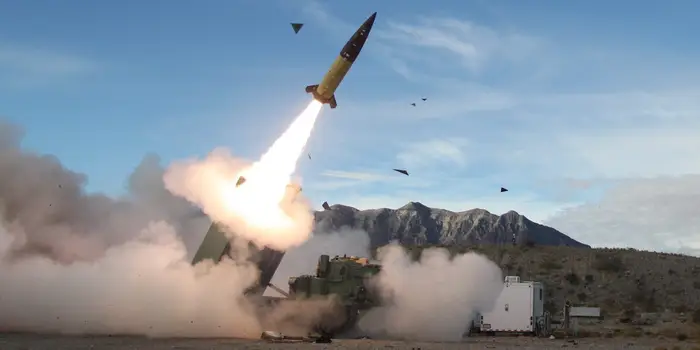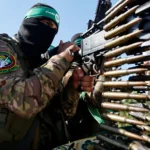Qatar’s foreign minister said negotiations aimed at securing an Israel-Hamas cease-fire and the release of hostages haven’t progressed as hoped, with issues such as how to address the unfolding humanitarian crisis in Gaza still to be resolved.
The Middle East nation is among a group of countries mediating efforts to secure a pause in the war, together with Egypt and the US. Israeli Prime Minster Benjamin Netanyahu last week opted not to send a delegation for a fresh round of talks in Cairo, dismissing demands by Hamas as “delusional.”
“The pattern of last few days is not very positive,” Qatari Foreign Minister Mohammed bin Abdulrahman Al Thani said Saturday during a panel discussion at the Munich Security Conference. “We still see some difficulties on the humanitarian part of these negotiations.”
The standstill comes as international fears grow that Israel is poised to launch a military assault on Rafah, the southern Gaza city where more than 1 million Palestinians have taken refuge from fighting further north.
US President urges
US President Joe Biden and other world leaders have urged Netanyahu to hold off on an attack until a plan is in place to ensure the safety of civilians.
Victims
Israel’s campaign in Gaza has killed more than 28,000 people since the start of the war more than four months ago, according to the Hamas-run health ministry, while much of the enclave has been devastated by air strikes and ground fighting. The conflict was triggered when the militant group attacked southern Israel on Oct. 7, leaving about 1,200 dead and abducting many more.
About 100 hostages remain in Gaza after some were released during a brief cease-fire and prisoner exchange in late November. Hamas is considered a terrorist organization by the US and European Union.
“The humanitarian situation in Gaza, especially when it comes to Rafah, when we see the population there, is a dire situation,” al-Thani said. “We are seeing some threatening moments.”
He added that “time is not in our favor” due to the start of Ramadan in mid-March, while the ongoing crisis is “dangerous for the entire region.”






